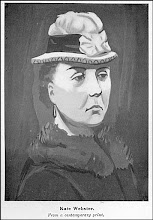 Catcher in the Rye author JD Salinger has died of natural causes at his home in New Hampshire.
Catcher in the Rye author JD Salinger has died of natural causes at his home in New Hampshire. JD Salinger, who shocked one generation and inspired another with a classic novel of teenage rebellion, has died in New Hampshire at the age of 91.
Salinger, who shied away from publicity and did not publish an original work during the last 45 years of his life, was the creator of Holden Caulfield, the delinquent, alienated anti-hero of The Catcher in the Rye, which became required reading for generations of teenagers after its publication in 1951.
But in recent years its relevance to modern youth came into question and his reputation was tarnished by two accounts, one by a former lover and the other by one of Salinger's daughters, who painted him as a controlling and unpleasant eccentric.
The Catcher in the Rye was praised by the New York Times on publication as "an unusually brilliant first novel". But while an instant hit with many teenagers who related to its tale of adolescent angst and adult hypocrisy, it was met with alarm in other quarters. Some school boards made it required reading. Others banned it amid protests from parents over swearing – including the frequent use of "goddam" and, more rarely, "fuck" – as well as the bad example they believed Holden set.
Four years after its publication Salinger expressed disappointment that the book, which he acknowledged was based on his own upbringing, had met with some hostility.
"I'm aware that a number of my friends will be saddened, or shocked, or shocked-saddened, over some of the chapters of The Catcher in the Rye. Some of my best friends are children. In fact all of my best friends are children," he wrote in 20th Century Authors. "It's almost unbearable to me to realise that my book will be kept on a shelf out of their reach."
John Lennon's murderer, Mark Chapman, cited The Catcher in the Rye as an inspiration for the killing in 1980.
Salinger published other books, including the well received Nine Stories and Franny and Zooey, before he became an almost total recluse. His last published work – Hapworth 16, 1928 – was printed in The New Yorker in 1965.
Ten years ago it was revealed that Salinger had a secret cache of about 15 novels that had never been published. In his last interview, in 1980, he said that he only wrote for himself.
In 1986 Salinger won an injunction against the publication of a collection of his letters. During the case, which went all the way to the US supreme court, he was asked what he had been working on for the previous 20 years.
"Just a work of fiction," Salinger said in a deposition. "That's all. That's the only description I can really give it ... It's almost impossible to define. I work with characters, and as they develop I just go on from there."
Salinger was born in New York City on New Year's Day 1919. His father, of Polish Jewish origin, became wealthy importing cheese and meat. His mother posed as Jewish and he did not find out that she was not until after his bar mitzvah.
Salinger had his own troubled history in various schools until he was dispatched to Valley Forge military academy at the age of 15. There he began writing at night using a torch under his bed covers and published his first story in a fiction magazine in 1940.
He submitted a number of stories to the New Yorker that were rejected, including one called I Went to School with Adolf Hitler. But the magazine did accept a later story about a disaffected teenager called Holden Caulfield, the first time the character appeared.
In 1942 Salinger was conscripted to fight in the second world war where he took part in the Normandy landings. He married a German woman while serving with the occupation forces after the defeat of Hitler. The couple moved to America but the marriage soon fell apart. Salinger took up Zen Buddhism.
He found fame disagreeable and the year after the publication of his most famous novel he left New York city for the town of Cornish, New Hampshire. There he remarried, to Claire Douglas, had two children, and then divorced in 1967.
Periodically the spotlight shone on Salinger again.
In 1998 the writer Joyce Maynard published a memoir in which she wrote unflatteringly about an eight-month affair with Salinger in which she described his controlling personality. Two years later one of Salinger's daughters, Margaret, wrote of her father as a recluse who drank his own urine and spoke in tongues.
Salinger was thrust into public view one last time a year ago when he sued to block the publication of an unauthorised sequel to The Catcher in the Rye called 60 Years Later. The writer, John David California, imagined Holden in his 70s.
--
Chris McGreal in Washington, The Guardian, Thursday 28 January






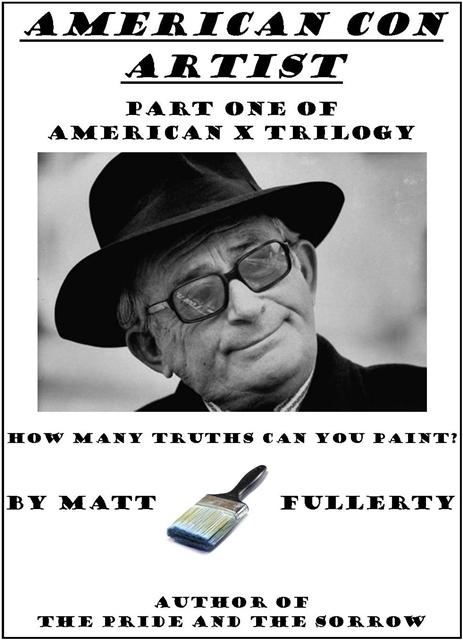cropped.jpg)
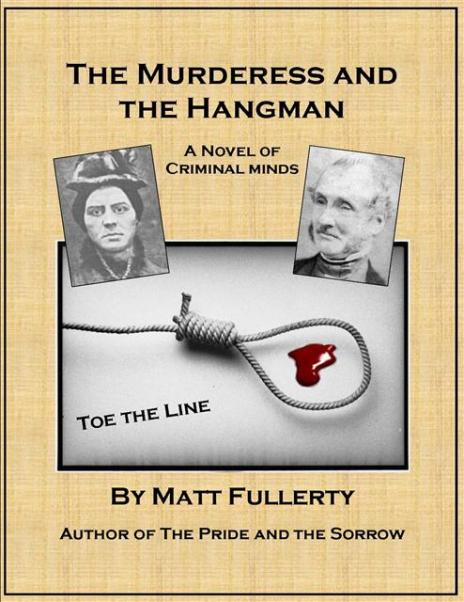.jpg)
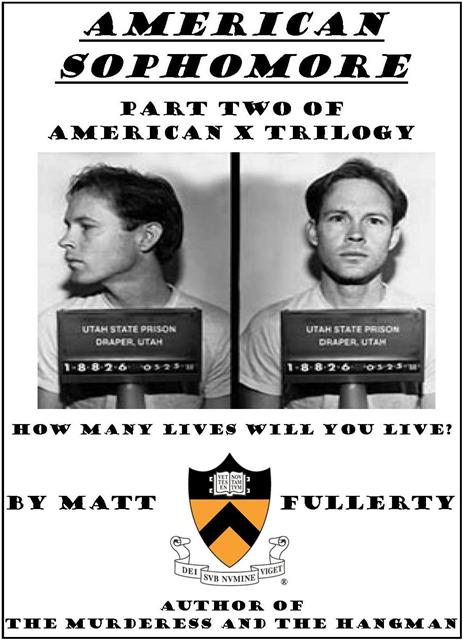cropped.jpg)
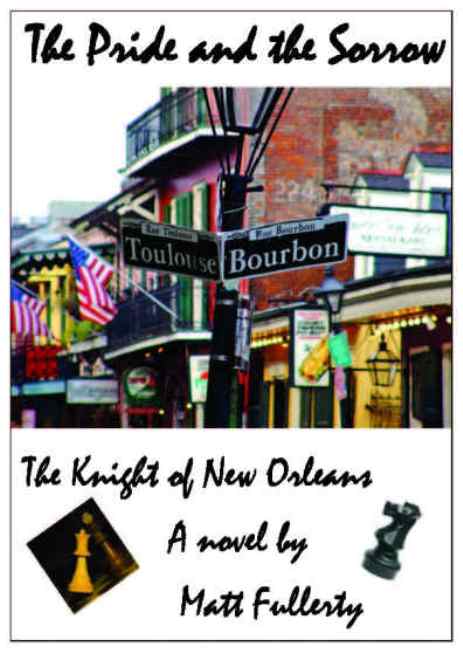2.jpg)
Cropped.jpg)
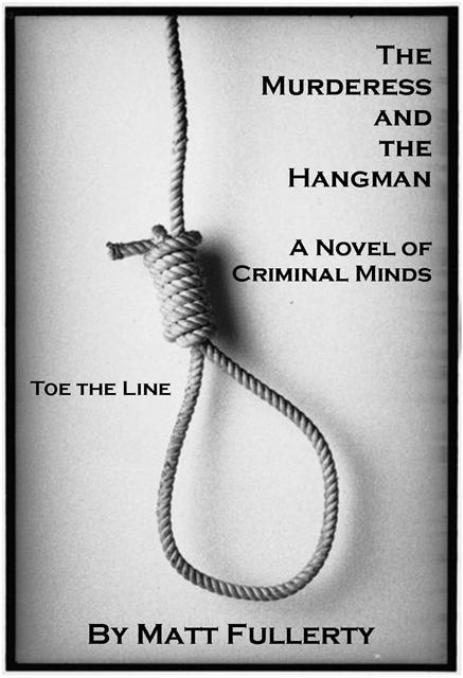cropped.jpg)
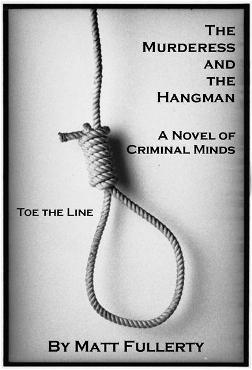4.jpg)






